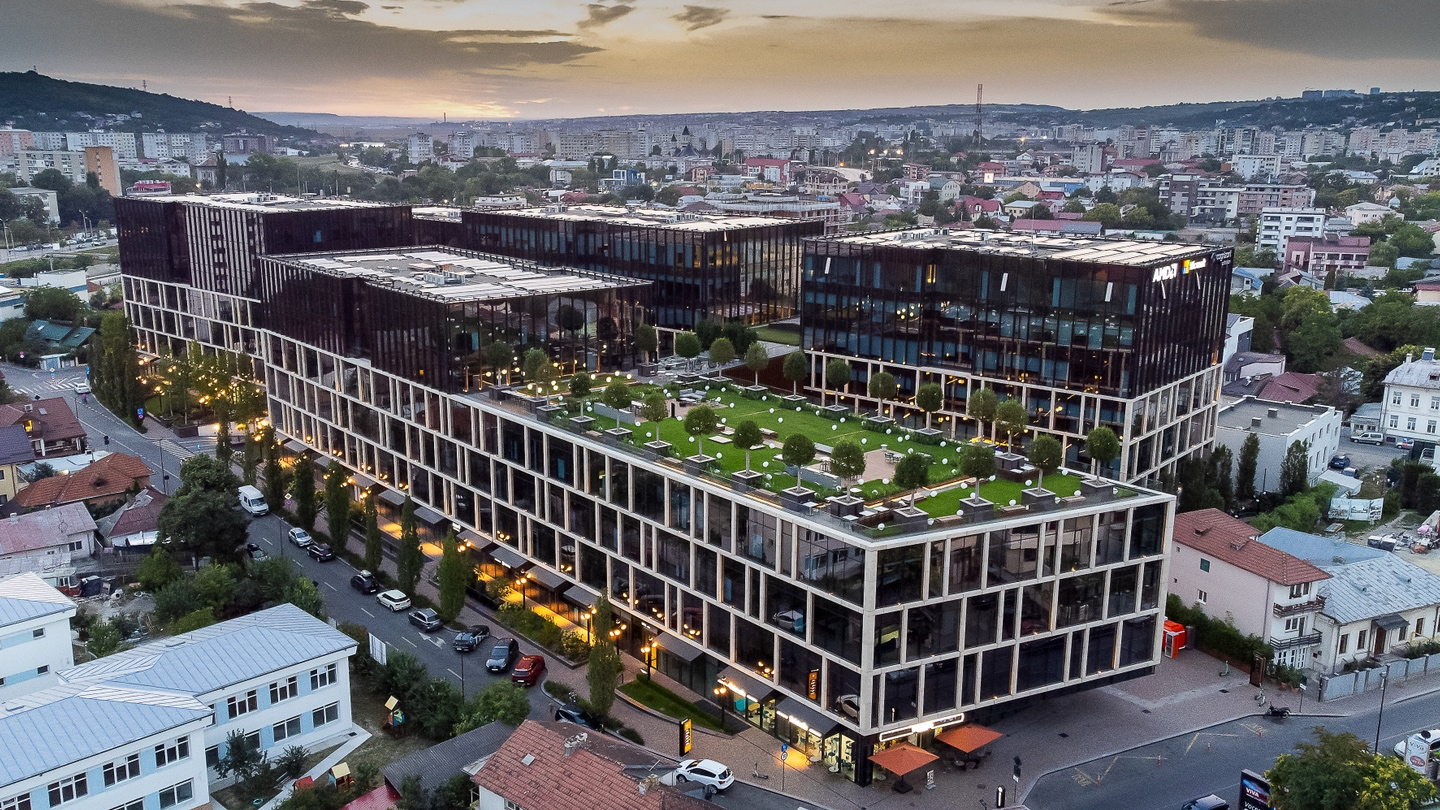With the desire to identify the stages where improvements can be made to reduce emissions and support consumers to adopt more sustainable habits, Nespresso presents the results of the study and talks about the sustainable business interventions that it has already integrated in recent years – globally and locally, in Romania.
The study highlights that 48% of the carbon footprint comes from the sourcing of green coffee. Given this significant impact, ensuring sustainable agriculture is critical. In this regard, Nespresso, in partnership with the Rainforest Alliance, has developed the AAA Sustainable Quality Program, whose objective is to collaborate with over 150,000 farmers for an innovative and sustainable approach to coffee sourcing.
Additionally, the Quantis study highlights that 34% of the carbon footprint of a cup of coffee comes from the consumption stage, meaning the process of preparing coffee at home. To help optimize resources, the Nespresso system uses precise amounts of ground coffee, water and energy to prepare a cup of coffee.
Aluminium capsules represent 9% of the carbon footprint and less than 1% is the final contribution of the capsule at the end of its life cycle, which if recycled, results in aluminum that can be reused indefinitely and grounds, which are used in compost or become biogas. In addition to the efforts supported globally, in Romania Nespresso introduced for the first time, in 2018, its own infrastructure for the collection and recycling of used coffee capsules, with the capacity to collect and recycle all the coffee capsules it sells.
All this leads to the fact that a cup of lungo coffee prepared with the Nespresso Original system has a carbon footprint like the popular filter coffee and 24% lower than a coffee prepared with a fully automatic coffee machine.
“Sustainability plays an essential role in the company's strategy, and we have always been committed to doing things in a specific way. Taking care of communities, environment and circularity, with the same dedication and passion that you find in every cup of Nespresso coffee. For choosing Nespresso, but also for the effort to contribute to sustainability, we thank our customers,” said Lidia Chiraches, Marketing Manager, Nestlé Nespresso Romania.
All these steps have as their goal that by 2030, Nespresso will reduce carbon emissions by 50% and reach Net Zero in 2050. In recognition of these efforts, in 2022, Nespresso obtained B Corp certification, joining an international group of approximately 9,000 companies that meet B Corp's high standards of social, environmental and transparency responsibility.











